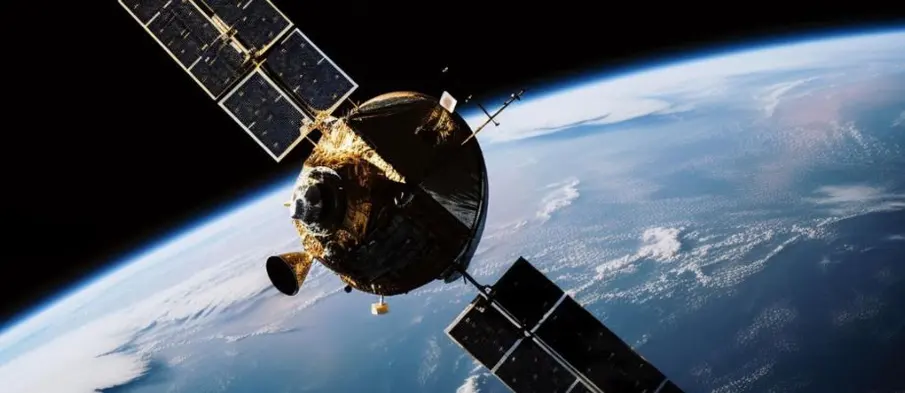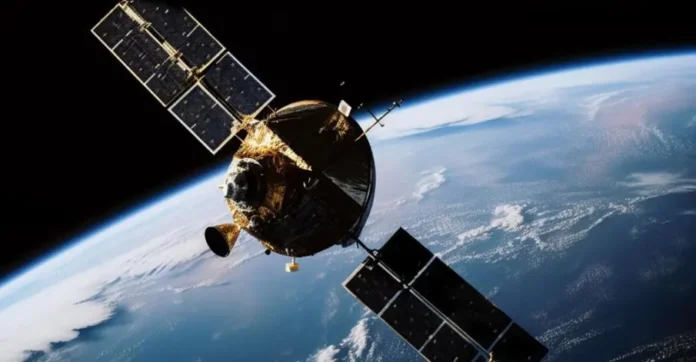
Bharat Sanchar Nigam Limited (BSNL) has introduced India’s first satellite-to-device service, aiming to deliver seamless connectivity to the country’s most isolated regions. Announced by the Department of Telecommunications (DoT) on Wednesday, this pioneering service was launched in partnership with California-based communications tech company Viasat. The satellite service is set to provide uninterrupted network access in areas lacking cellular coverage, representing a substantial effort toward bridging India’s digital divide.
Showcased at the India Mobile Congress (IMC) 2024, BSNL’s direct-to-device satellite connectivity has undergone rigorous testing, successfully maintaining connections even in remote, challenging locations. The DoT celebrated this launch on X (formerly Twitter), underscoring its potential to make satellite communication accessible to the general Indian public for the first time.
This service promises to be invaluable for individuals traveling to or residing in remote areas—from trekkers exploring secluded regions like Spiti Valley to families in distant villages in Rajasthan. Beyond emergency calls and SoS messaging, BSNL’s satellite connectivity will enable UPI payments in regions where traditional cellular and Wi-Fi networks are absent.
While BSNL has not yet clarified if the service will support regular calls or SMS for daily use beyond emergencies, its technology partner Viasat has highlighted that the service employs non-terrestrial network (NTN) connectivity using geostationary L-band satellites positioned 36,000 km above Earth. Demonstrated at IMC 2024, Viasat’s two-way communication capabilities underscore the robustness of the satellite tech powering BSNL’s new service.
Details on how users can access the service remain forthcoming. BSNL has yet to specify whether it will be included in current plans for existing subscribers or entail additional costs. Pricing and eligibility criteria are expected to be announced in the coming weeks.





